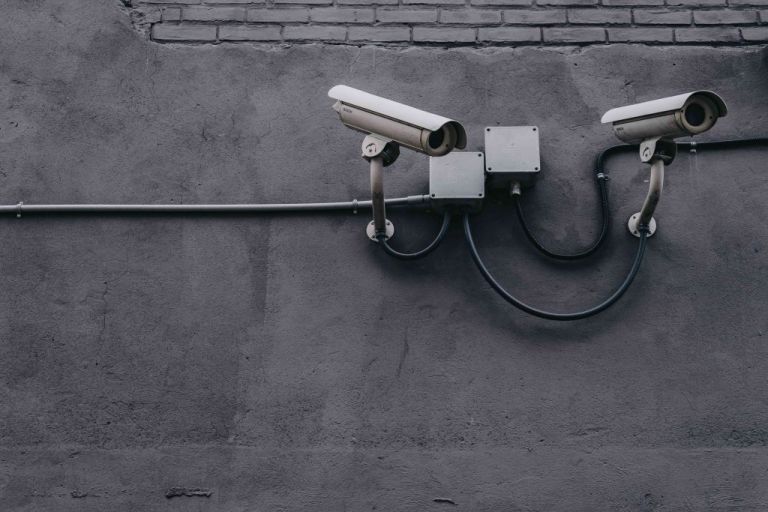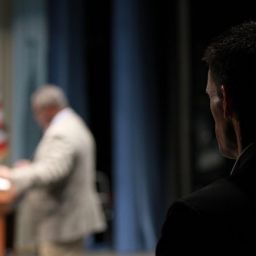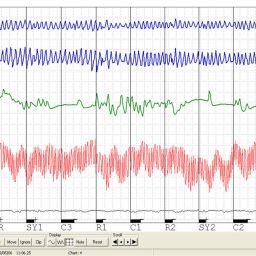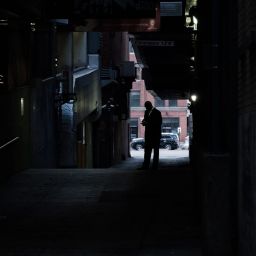
Physical security is a multi-layered set of precautions and practical, peer-reviewed measures that restrict access to any would-be assailant in order to protect your property and possessions.
Physical Security at Home
It is crucial to do a reconnaissance in the community where you live. You have to be aware of exit and choke points. If you have to escape on foot or by car, ensure before the event that you know with certainty which route would you take in any given situation that may present itself.
Choke points are places where congestion or blockage is likely to occur.
Hospital: – how far are you from the closest hospital? If the hospital is inaccessible, where would you go as an alternative, and what would that alternative be?
Pharmacy: – it is important to know where you could purchase medications which you might need for yourself or a family member.
Water sources: – consider nearby rivers and lakes, and always use water filters.
Police department: – always know the exact location of your nearest police station.
Local airports: – these will always offer the best chance to escape.
There are simple ways to secure your home, and these include:
- installation of motion activated floodlights.
- secure your windows.
- secure your front door.
- use alarm systems; remember that these are designed to provide warning of the security breach, not to prevent the breach itself.
You should certainly consider the best places to store valuables in your house. About 95% of criminals head straight for the master bed room. Keeping one piece of jewellery or maybe £20 to £50 in cash away from where the majority of your valuables are kept might lead the burglar away from that important location within your home. Be creative and use DIY solutions to hide your money. The hollowed-out book is a perfectly good location in which to keep your cash. Use a false or dummy tin can to hide your money; something cheap-looking and ephemeral will never look like a place where valuables are secreted.
Always ensure that you have adequate fire protection. Fireproof safes are affordable and easy to find; just remember not to keep your fire proof safe in the master bedroom. Your local fire department or the Fire officer in your local authority will be glad to advise on specific cases. Remember that your insurance policy will probably reward people who are extra diligent in the form of cheaper premiums, and always remember the obverse of that: the lack of adequate preventive measures may trigger premiums which are heftier than the norm.
When it comes to food and water you should ensure that you are more than adequately supplied. It is good practice to keep up to a year’s supply of food and water for yourself and your family. Not only this will keep you alive in an emergency, but it will give you peace of mind if you suffer a job loss or if your normal income becomes irregular. The more you can keep, the better.
Water: – the recommended water storage is about 5 litres (1 gallon) per day.
Cash: – keep at least £1,000 cash in the house in ten-pound note denominations.
Food storage: – keep collecting canned food and packaged grain foodstuffs each month.
If you follow all of the above, then your overall security will be immeasurably enhanced and you and your family will be safe and secure.










